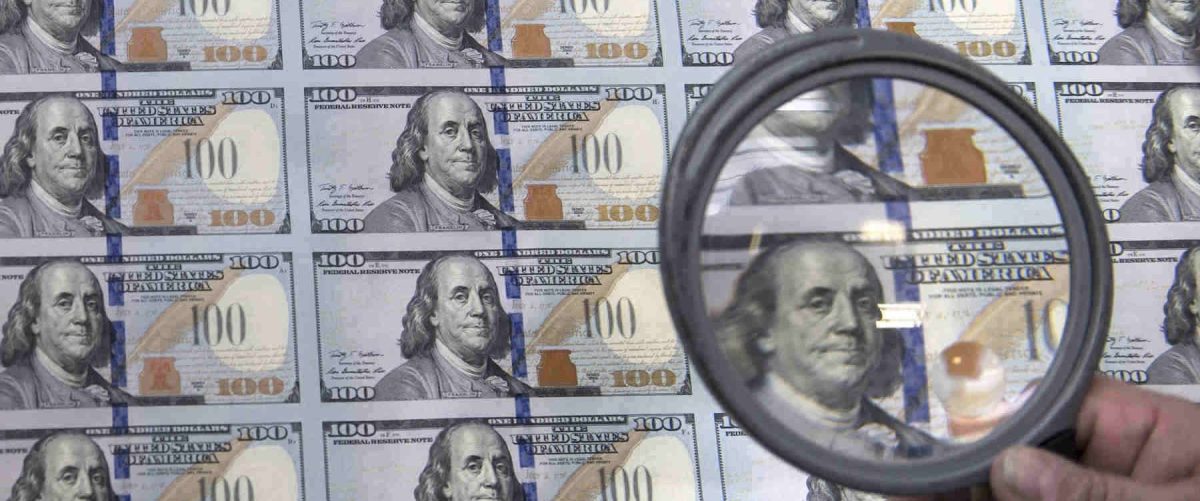A technique to improve economic equality may actually do the opposite.
Universal basic income would increase poverty, according to a new study from the Organization for Economic Co-operation and Development (OECD). In three out of four counties, they predict poverty levels would actually rise by one percent.
Instead of need-based benefits, the strategy would be for countries with universal basic income to disperse unconditional cash payments to its citizens. It’s an idea that’s been around for a while but has gained attention recently as automation threatens an increasingly unstable labor market.
Tesla CEO Elon Musk and Facebook founder Mark Zuckerberg both expressed support for the notion.
For most high-income nations, however, the OECD report concluded that universal basic income would make poverty worse through a scenario that generates the money by converting all existing benefits for everyone under 65 years old.
Quartz reports that the study recommends benefits should be evaluated on a needs basis. Universal basic income would create a system that provides benefits to the neediest in a less accurate way than it currently does, while increasing taxes for everyone.
This article appeared in an InsideHook newsletter. Sign up for free to get more on travel, wellness, style, drinking, and culture.

























